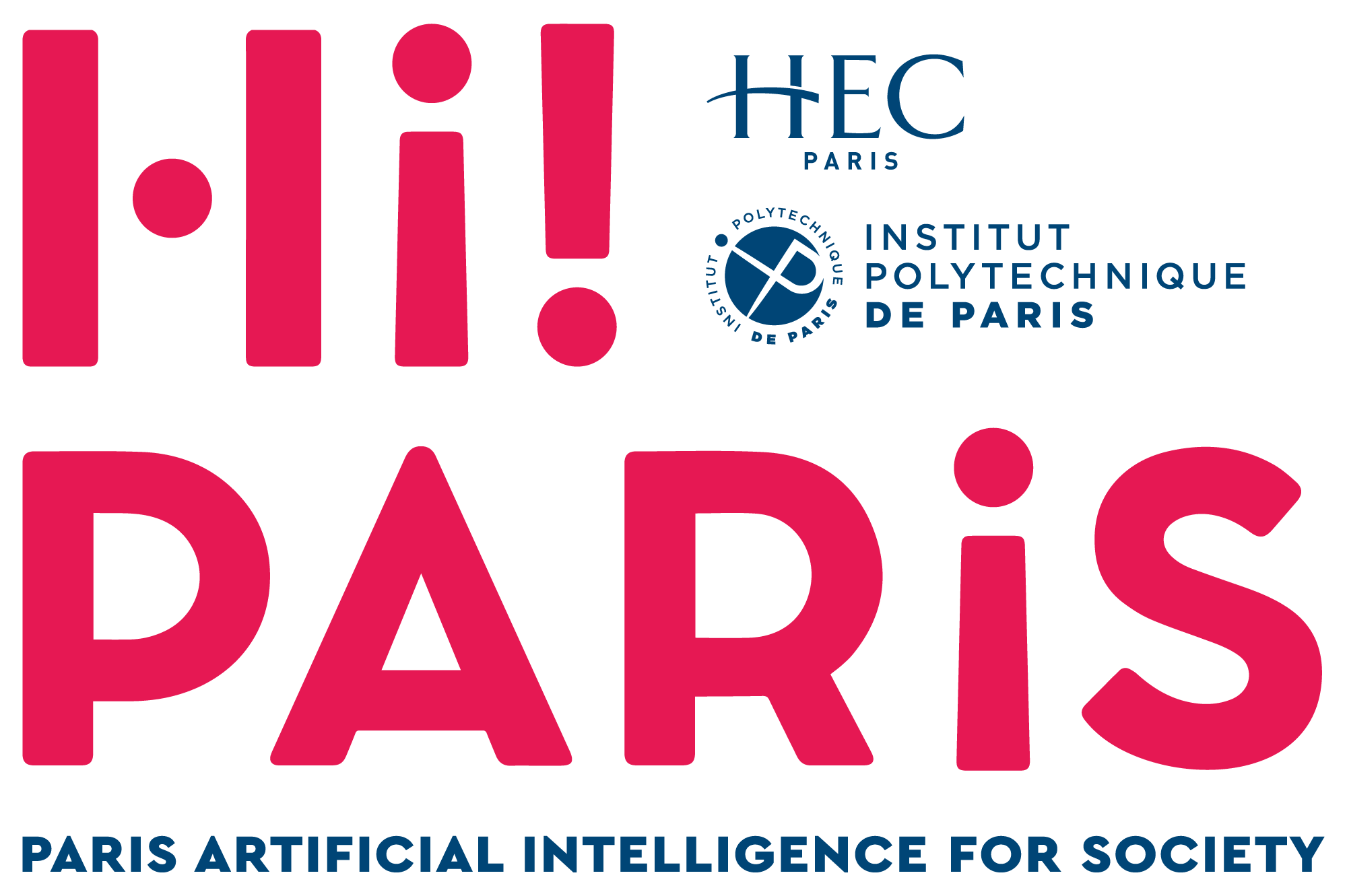Hi! PARIS New Chair Holders 2024 – Radu Dragomir & Austin Stromme
Hi! PARIS is pleased to announce its new Hi! PARIS Chair Holders Radu-Alexandru Dragomir and Austin Stromme.
We are pleased to welcome Radu-Alexandru Dragomir (Télécom Paris) & Austin Stromme (ENSAE Paris) as the new Hi! PARIS Chair Holders.
Radu-Alexandru Dragomir - Assistant Professor of computational mathematics (Télécom Paris)
Originally from Romania and raised in France, Radu’s academic journey began at École Polytechnique, where he specialized in Mathematics for Data Science. After realizing the ubiquity of optimization problems during his studies, Radu pursued a PhD in the field and later conducted postdoctoral research in Belgium and Switzerland. His decision to join Hi! PARIS was motivated by the exceptional academic environment, featuring some of the top engineering and business schools in France.
Advancing optimization methods at the core of AI
Radu’s research focuses on optimization methods, which are fundamental to AI and data science. In these fields, solving optimization problems often involves dealing with a vast number of variables and highly complex structures. Although optimization is widely applied, there is still much to understand theoretically about how these problems are solved. Radu’s goal is to deepen this understanding in order to design more efficient and reliable algorithms for AI applications.
Real-world applications of optimization
Radu’s work has far-reaching implications across multiple domains, particularly in the design of large AI models. Beyond AI, his research impacts data analysis tasks requiring intensive computation, such as reducing blur and noise in images. This has practical applications in areas such as:
- Medical imaging, where optimization can improve the analysis of medical scans
- Satellite imagery, enhancing the clarity and usability of environmental and urban data
- Audio signal processing, relevant in the music industry and the analysis of ecological systems
We are thrilled to see how Radu’s research will drive forward optimization techniques and contribute to advancing AI technologies across science, business, and society.
Austin Stromme - Assistant Professor of statistics (ENSAE Paris)
Austin recently completed his PhD in computer science at MIT, where he focused on the mathematical foundations of AI. His decision to join Hi! PARIS was driven by the center’s outstanding support for interdisciplinary and fundamental research, as well as the world-class research environment in and around Paris.
A focus on the mathematical foundations of AI
Austin’s research is primarily centered on optimal transport, a mathematical theory with origins dating back to the 18th century, introduced by Gaspard Monge, a French mathematician who once taught Napoleon. Optimal transport addresses the question of finding the most efficient way to move resources from one place to another. While the theory has many practical applications, its deep mathematical structure has revealed groundbreaking insights over the past 40 years, influencing fields such as machine learning, statistics, and mathematics.
During his PhD, Austin investigated the complex relationships within optimal transport, striving to improve the understanding of when and how this theory works in real-world applications. He also aims to apply its deep mathematical principles to shed new theoretical light on other key problems in AI.
Overcoming the challenges of high-dimensional data
A major focus of Austin’s work is dealing with high-dimensional data, a challenge in modern AI applications where datasets, such as images, consist of vast numbers of variables. In one of his recent projects, Austin demonstrated that a popular form of optimal transport can automatically adapt to high-dimensional data, making it more practical and viable than previously understood.
Advancing AI theory and practice
As we navigate the current AI revolution, Austin emphasizes the importance of understanding how and why machine learning systems work. He believes that theory has a crucial role in benefiting practice, but also that practical challenges often lead to unexpected theoretical developments. Austin is confident that modern machine learning will inspire new and surprising mathematical discoveries, which will, in turn, improve AI capabilities.
This virtuous cycle of theory and practice will drive progress in mathematics and adjacent fields, while also enhancing AI’s societal impact. By improving technology, advancing economic growth, solving complex problems, and promoting education and research, Austin’s work at Hi! PARIS is set to make a significant contribution to the broader field of AI and data science.
We look forward to seeing how Austin’s research continues to shape the future of AI and its applications across science, business, and society.

